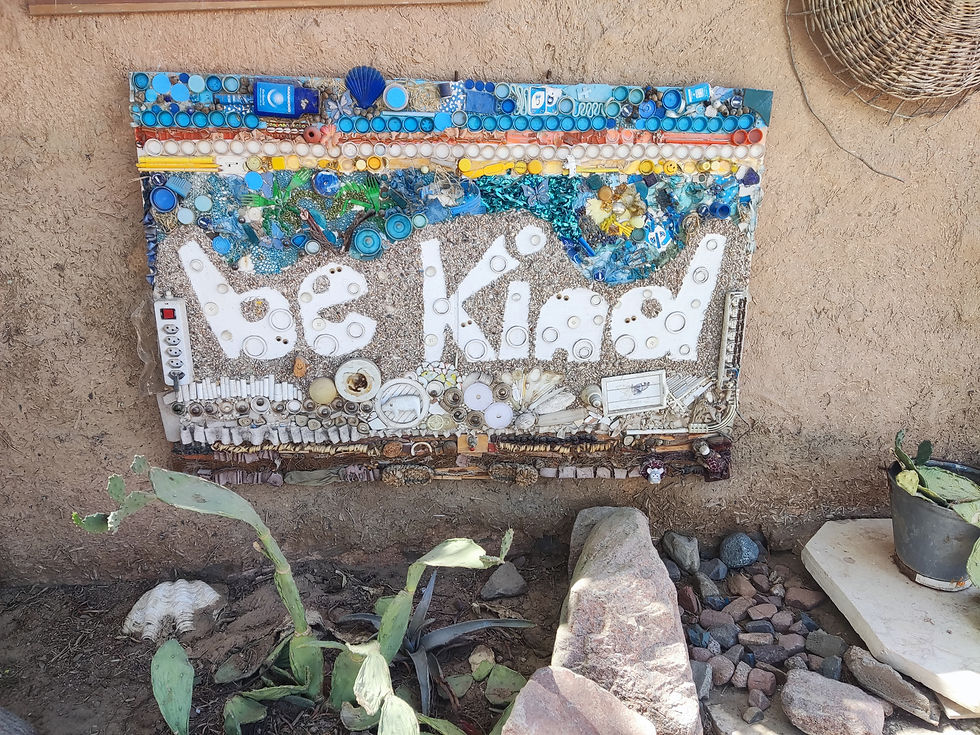ARE YOU PEOPLE PLEASING? helping to understand what and why.
- ehortontaylor
- Jul 22, 2024
- 4 min read
A people pleaser in others words is someone who has difficulty in saying no to others, putting others needs before their own, a yes person if you will.
Signs that you might be a people pleaser:

Inability to set boundaries with others
Feeling constantly let down or taken for granted
Trying to make others happy even if its at your own expense
Needing to be liked by everyone
Changing yourself to make others happy
Betraying your values to fit in
Low self esteem
Worried about disappointing others
aAgreeing with others not saying what you think
Saying sorry to things that are not your fault
Needing approval from others
Mental exhaustion due to thinking constantly about everyone else and neglecting yourself.
Indecisiveness
When living your life in this way, you might not know you are a people pleaser or what you want due to never asking yourself those questions as your focus is always on everybody else.
Guilt Vs Resentment - understanding people pleasing
I'd like to ask you:
Do you feel within certain relationships there are expectations on you to do something for them or say yes to something?
If for whatever reason you cannot uphold actions and promises does it feel like these people are upset and that you have let them down?
Do you think the above two questions could be caused by trying to please people in the first place?
This can lead to feelings of resentment, and being taken for granted as when things are not done people can act ungrateful to you yet all you try to do is keep them happy. It almost seems like a vicious cycle
The feeling of resentment can arise from becoming upset with the lack of validation, gratitude or gratefulness when your doing something for someone else. We may feel taken for granted or used or unappreciated by them. The trouble is, when we have always put others first and not questioned what it is we want, we are setting ourselves up to be disappointed, due to creating a role and habit within that relationship.
Adapting personality to be seen as nice or kind in order to gain good relationships for the fear of being alone is actually being dishonest. Finding an identity by being ‘good’ or ‘nice’ towards others can end up in feeling’s of resentment as you are silencing your needs.
Self worth might be closely linked to this - feeling validation from others gives one a good sense of self, however, this is not a healthy way of gaining praise and validation.
When living by what is believed others want from us, we can end up doing ourselves and others a disservice. For example, at the beginning of a relationship we might want to paint ourselves in a good light, and so agree to things we might not want, or give decisions over to the other person in order for us to be liked by them and deepening the relationship, now, if this becomes people pleasing to a point that we don’t ever make a decision or make way for our need’s and desires, we are being someone else, and so when this feels challenging, or we can’t keep it up any longer, or resentment starts to set in, we ‘change’ when actually we was never being true to ourselves in the first place, which can lead to the break down of that relationship. So being true to you and compromising and setting boundaries are foundations for lasting healthy relationships.
But is it always about being nice? Those coming from trauma and friend fear responses (of which there are five: fight, flight, freeze, flop and friend) want to avoid conflict and so become people pleasers to ease tension and avoid challenges. This need to settle other’s reactions and emotions can usually end up by putting our feelings and needs aside in order to defuse a potential situation. Sometimes we might be manipulated by another and so the guilt leads us to say yes in order to survive safely and in doing so we can end up loosing parts of ourself. The result of this type of relationship may not lead to resentment but may lead to unhappiness as we still are not living our lives the way we want to. This behaviour might be learnt and now habitual and so it’s about learning new ways of managing this. If you find yourself in a relationship where you are people pleasing, you might want to ascertain if this is coming from your behaviour or if you are being manipulated, and therefore consider how to leave that relationship, as the people who love you will want you to be your best self.

Change is Possible
We hold a belief that it’s selfish if not pleasing others, and selfish has a negative attachment to it, so lets say prioritising oneself or at least considering oneself in a decision is healthy.
It is scary to change habits that have been with you all your life, but change doesn’t mean bad. Feel that fear, and do it anyways!
It might be that when you start to say no and consider yourself in your decisions, boundaries and relationships with others, that those relationships might change also, this is very normal and okay if there is an adjustment within that relationship, this is working towards building healthy relationships with those around you.
Start by asking yourself what it is that you want in any decision no matter how big or small in your daily life, and build from there.




Comments